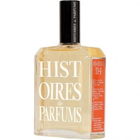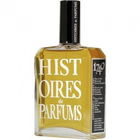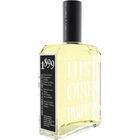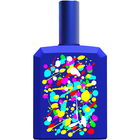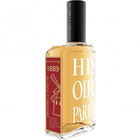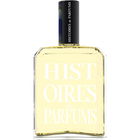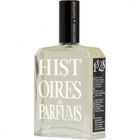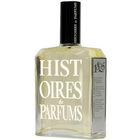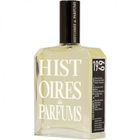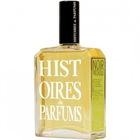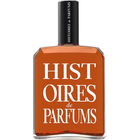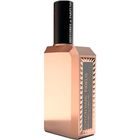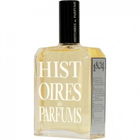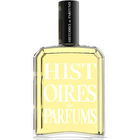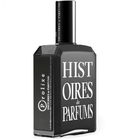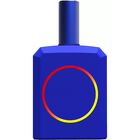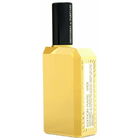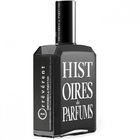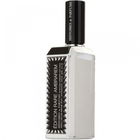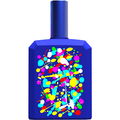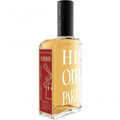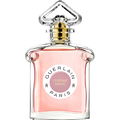09/23/2025

RejdaPersa
8 Reviews

RejdaPersa
Beautiful but very quiet
I blind bought HdP's 1904 Madame Butterfly Puccini because I found it at a really good price and read some decent reviews. I consider Prada's Infusion d'Iris one of my favourite summer fragrances, and I hugely appreciate iris in perfumery so I thought this perfume would be a safe bet.
1904 is everything that I expected Nicolai's Iris Medici to be; a dry, papery iris lifted by bitter white florals on a clean and elegant musk base - no sugar nor vanilla. It does smell exactly like Infusion d'Iris at first sniff, and also before comparing the two. However, with each fragrance on either wrist, I notice that where Infusion d'Iris is brighter, cleaner, and soapier, 1904 is warmer and softer; comforting and sensible as opposed to cool and refreshing, yet they are still strangely the same scent for the first 30 minutes.
In many ways, 1904 also reminds me of a muted and hazy iteration of Diptych's Fleur de Peu, with a similar development of shockingly dry, dusty top notes finally settling to a clean and sensual musk. But when I say hazy I mean that 1904 is the version that has been heavily smudged with Vaseline over a camera lens. It is also so quiet and so gentle that I truly question why it has been named an absolu eau de parfum, though I can wholeheartedly appreciate the possible use of quality raw materials in this formula over synthetics that guarantee lasting power. Having said that, 1904 does have surprisingly impressive longevity lasting well over 12 hours on my skin - about ten times that of Prada - by which time the elegant iris has settled to a beautiful and comforting, musk, much like that of Narciso Rodriguez, growing more intense and creamy with time. This is one fragrance that blooms and lasts better on my skin than on clothing.
You would need to overspray this to the max in order for anyone to notice the dry iris opening, which is why I am happy at not having paid full retail price, but the musk drydown has the tenacity to gently fill a room. Overall, I do find 1904 to be a beautiful scent, and I am happy that I have it in my collection.
1904 is everything that I expected Nicolai's Iris Medici to be; a dry, papery iris lifted by bitter white florals on a clean and elegant musk base - no sugar nor vanilla. It does smell exactly like Infusion d'Iris at first sniff, and also before comparing the two. However, with each fragrance on either wrist, I notice that where Infusion d'Iris is brighter, cleaner, and soapier, 1904 is warmer and softer; comforting and sensible as opposed to cool and refreshing, yet they are still strangely the same scent for the first 30 minutes.
In many ways, 1904 also reminds me of a muted and hazy iteration of Diptych's Fleur de Peu, with a similar development of shockingly dry, dusty top notes finally settling to a clean and sensual musk. But when I say hazy I mean that 1904 is the version that has been heavily smudged with Vaseline over a camera lens. It is also so quiet and so gentle that I truly question why it has been named an absolu eau de parfum, though I can wholeheartedly appreciate the possible use of quality raw materials in this formula over synthetics that guarantee lasting power. Having said that, 1904 does have surprisingly impressive longevity lasting well over 12 hours on my skin - about ten times that of Prada - by which time the elegant iris has settled to a beautiful and comforting, musk, much like that of Narciso Rodriguez, growing more intense and creamy with time. This is one fragrance that blooms and lasts better on my skin than on clothing.
You would need to overspray this to the max in order for anyone to notice the dry iris opening, which is why I am happy at not having paid full retail price, but the musk drydown has the tenacity to gently fill a room. Overall, I do find 1904 to be a beautiful scent, and I am happy that I have it in my collection.

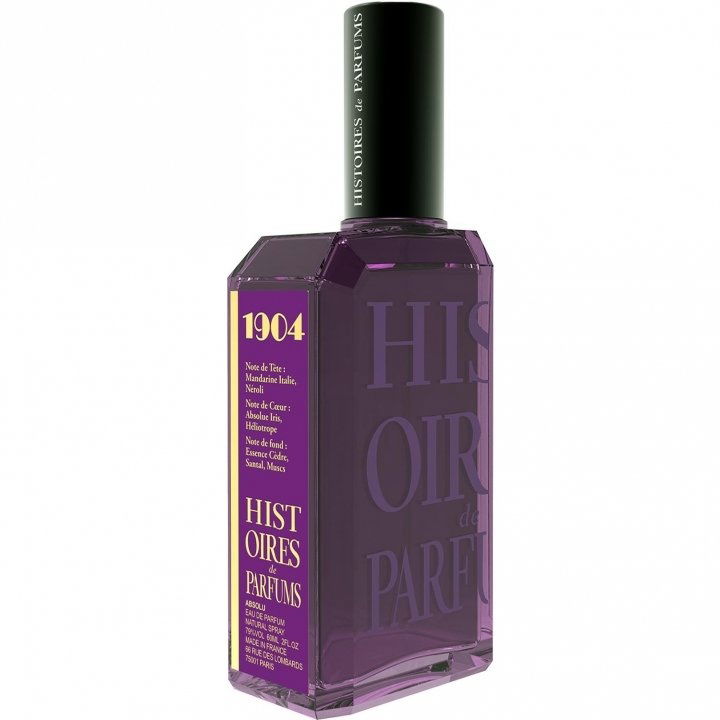





 Top Notes
Top Notes  Italian mandarin orange
Italian mandarin orange Neroli
Neroli Heart Notes
Heart Notes  Florentine iris absolute
Florentine iris absolute Heliotrope
Heliotrope Base Notes
Base Notes  Musk
Musk Cedarwood
Cedarwood Sandalwood
Sandalwood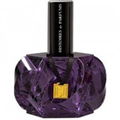







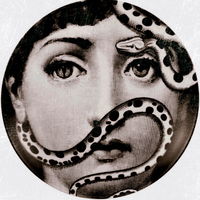
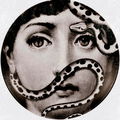
 Pluto
Pluto Turandot
Turandot Seejungfrau
Seejungfrau SaGa
SaGa MoniE
MoniE MissPiggy
MissPiggy Greta0712
Greta0712 ChatonNoir
ChatonNoir MilaMint
MilaMint Ninina
Ninina